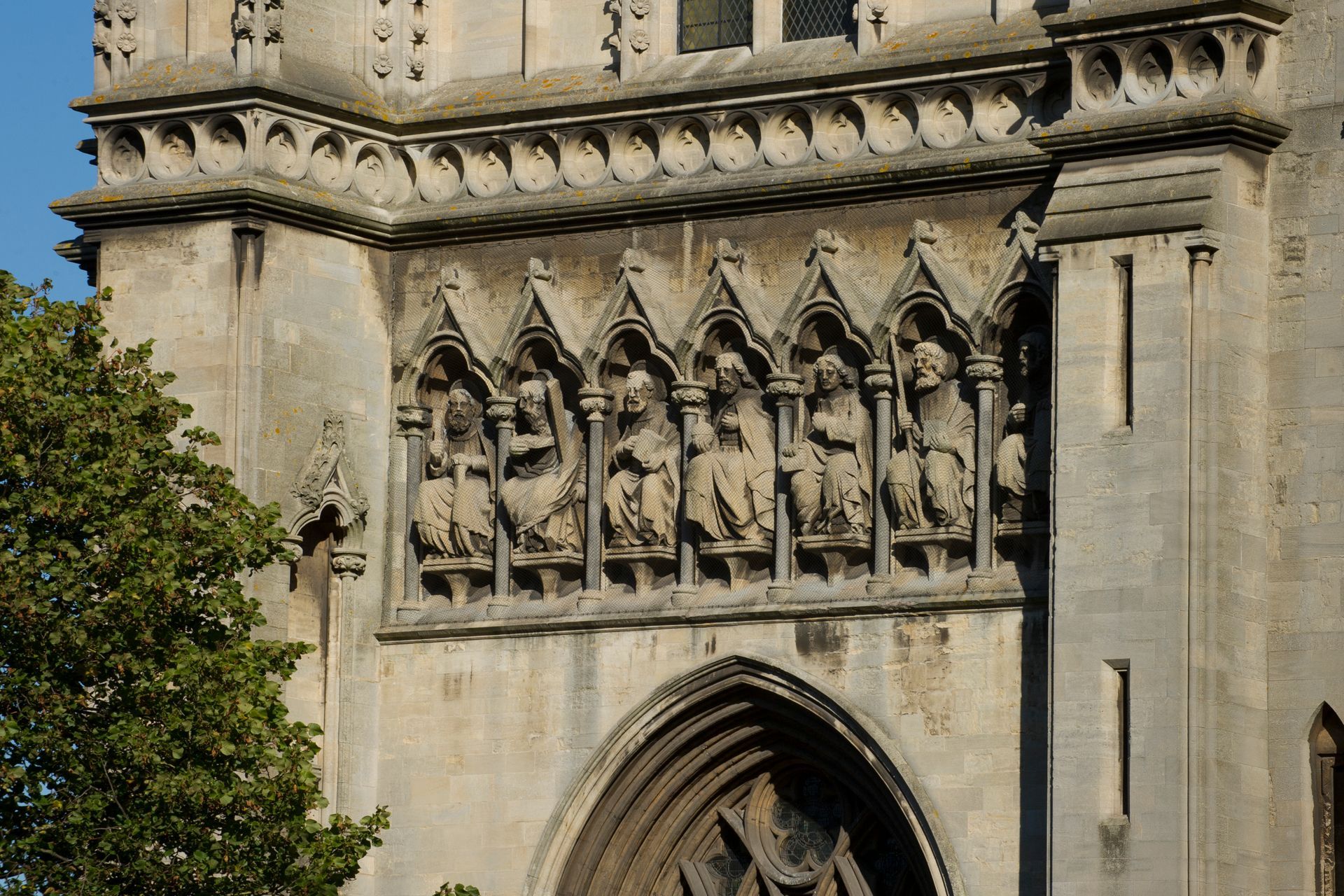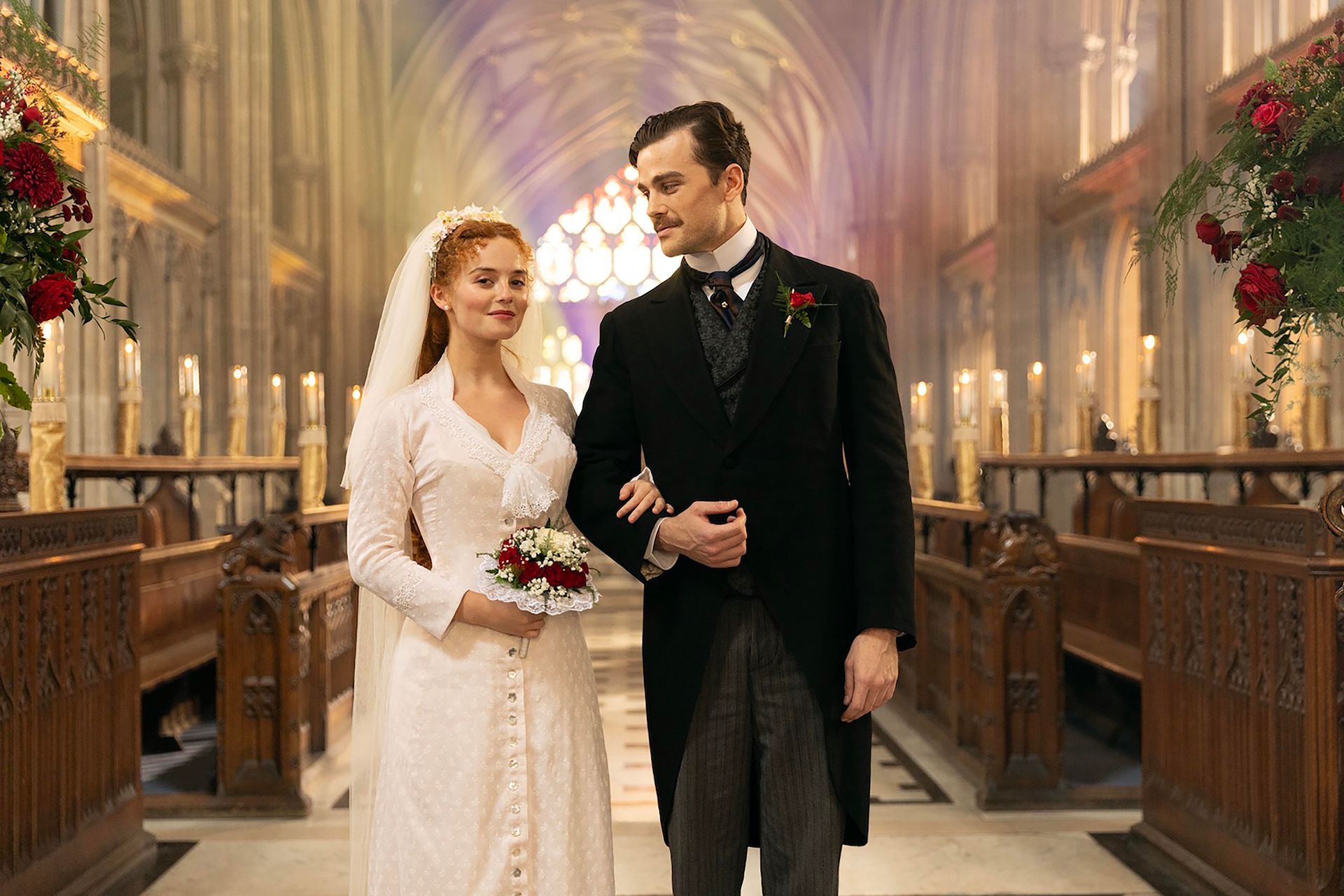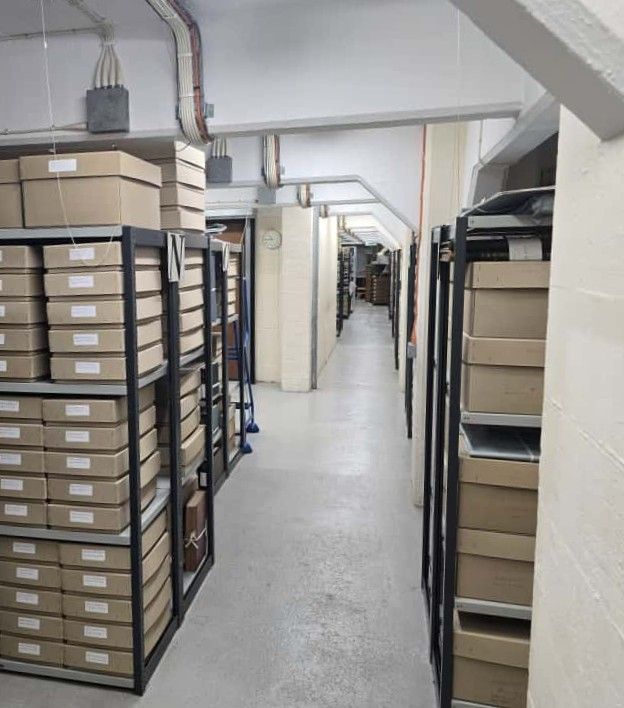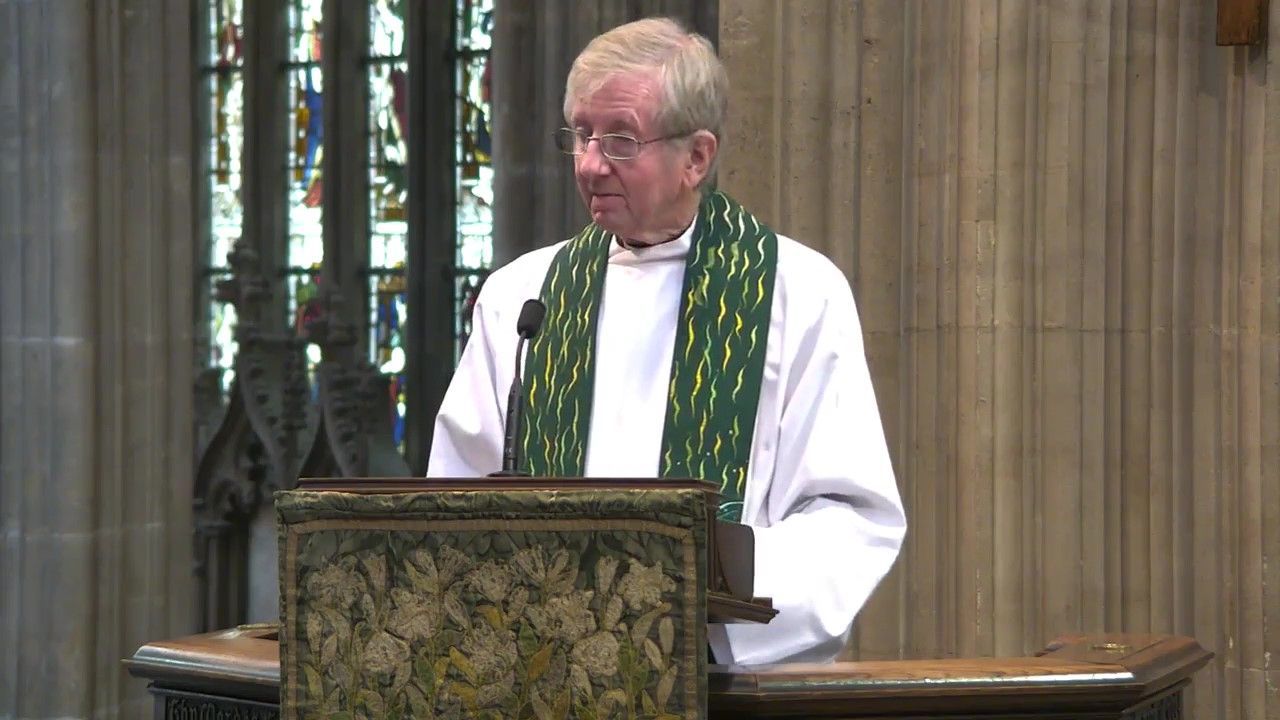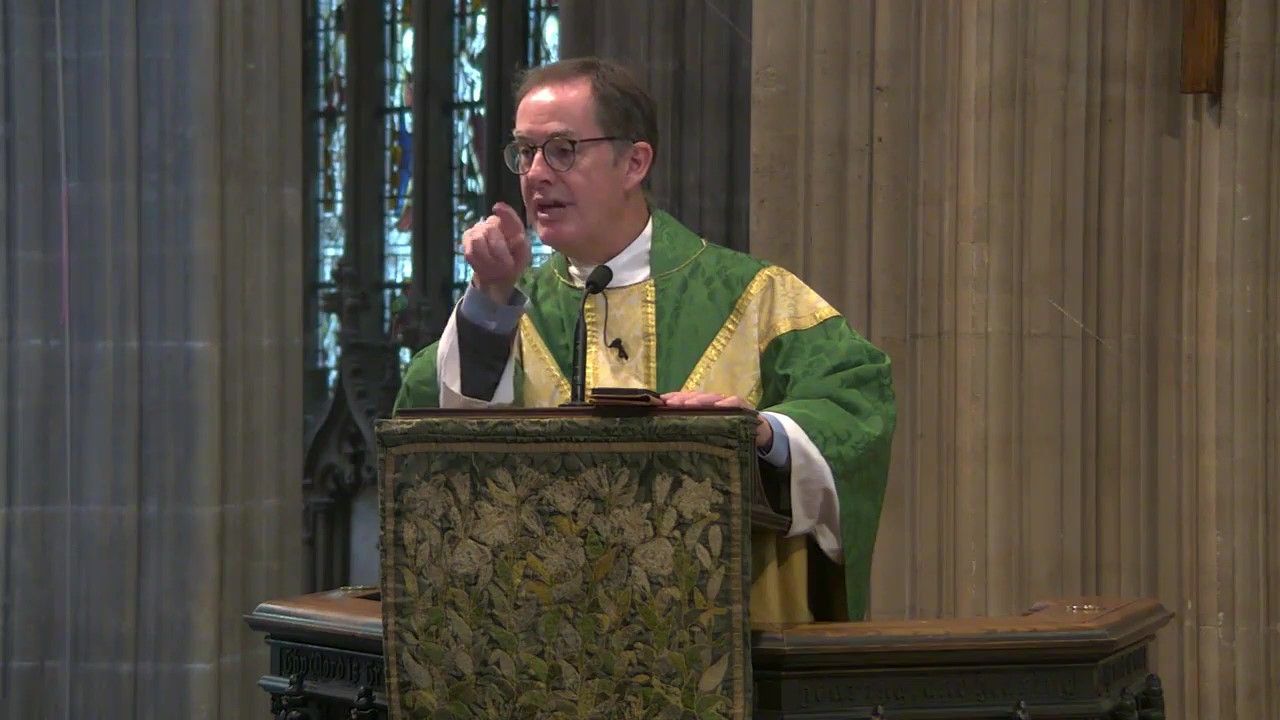What God has joined together
What God has joined together let no one separate.
There's no doubt that those words come at a most special moment in a wedding service. We have heard the couple give their consent, heard them make their vows to one another and witnessed the joining of hands and the giving and receiving of rings: and then, and only then, the cleric pronounces that they are husband and wife and rounds off the words and actions by which the couple get married by saying: "What God has joined together let no one separate".
And yet those words, as we will hear on Sunday, are brought into a discussion with some Pharisees by Jesus when he is asked by them: "Is it lawful for a man to divorce his wife?" Jesus' answer to that question seems to point to an explanation which differentiates the time when we had to live according to the law and commandment (the days of Moses) and the days which are being birthed by the death and resurrection of Christ when we shall live according to grace (the days of Christ).
However, in the next verse when "in the house with his disciples", Jesus seems once again to be very clear about his attitude to divorce, saying: "Whoever divorces his wife and marries another commits adultery."
Without rehearsing the theological arguments around same-sex marriage (though let's delight in the news that Switzerland voted overwhelmingly last weekend to approve same sex marriage) we are faced with another difficult passage from scripture which poses questions about our attitude to marriage, divorce and re-marriage.
And, just in case you don't know me well enough, I am not one of those who believes that marriages should be held together at all costs and I am one of those who willingly conducts wedding services for those who are divorced.
Nonetheless, this gives even me pause for thought about what Jesus was wanting his disciples to know and to experience; and how we should be living out that knowing and that experiencing in the first quarter of the 21st century as we emerge from a global pandemic. After all, if the context into which Jesus was speaking is important to understanding the meaning of what he is saying, then surely the context in which we are living is just as important in understanding the way in which we should be living.
Paragraphs didn't exist in the bible, nor did verses or chapter numbers: not until we put them there! If we ignore those inserted breaks, the narrative moves directly on from Jesus talking about adults committing adultery to parents bringing children for healing and his disciples trying to stop them. The words Jesus speaks next, after speaking about adultery, is "Let the little children come to me: for it is to such as these that the kingdom of God belongs."
Is it too far fetched to wonder if the writer of this gospel was wanting us to draw some comparisons:
- between the days of Moses and the days of Christ;
- between living according to the law and living according to grace;
- between relationships where the focus is on adultery and where the focus is on healing;
- between the kingdom of this world which demands our attention and where we fight for our rights and and battle for our supremacy, and the kingdom of God which yearns of our devotion, where we are taken up, nurtured, healed and blessed.
